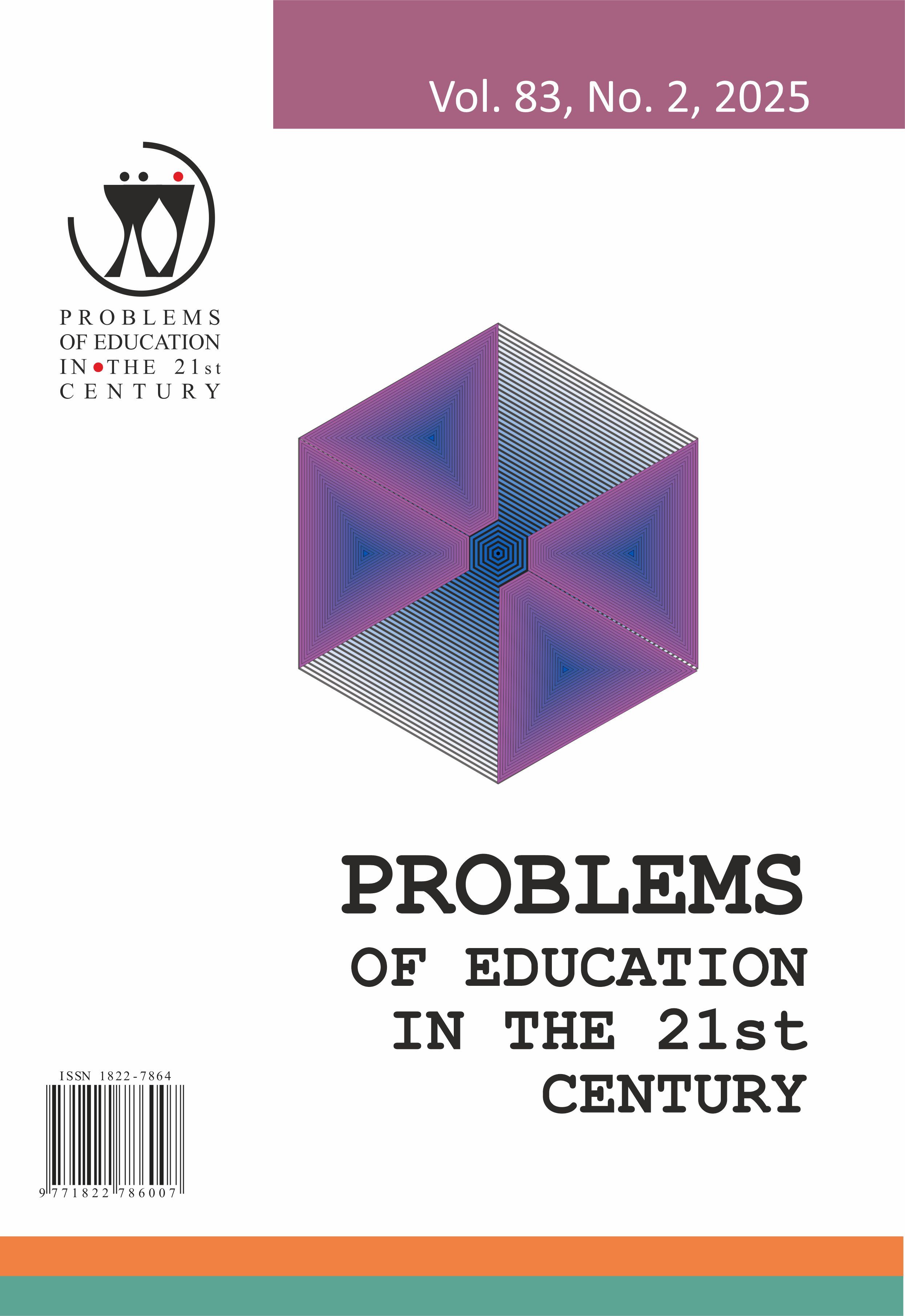EFFECT OF BEHAVIOR CONTRACTS ON REDUCING PROBLEM BEHAVIORS AND ENHANCING ACADEMIC ENGAGEMENT IN GENERAL CLASSROOM SETTINGS
EFFECT OF BEHAVIOR CONTRACTS ON REDUCING PROBLEM BEHAVIORS AND ENHANCING ACADEMIC ENGAGEMENT IN GENERAL CLASSROOM SETTINGS
Author(s): Rakan M. AlshammariSubject(s): Social Sciences, Education, School education
Published by: Scientia Socialis, UAB
Keywords: academic engagement; contingency contracting; problem behavior; students with behavior issues; school settings;
Summary/Abstract: Many students in schools may demonstrate problem behaviors and show signs of academic disengagement behaviors in schools, especially students who are educated in upper-secondary schools. Exhibition of problem behaviors may negatively affect students’ academic performance. These students need to receive effective interventions, such as behavioral contract interventions, to help them behave and learn well. This study aimed to examine the effect of employing behavioral contract interventions in the reduction of problem behaviors and the enhancement of academic engagement in four upper-secondary students who exhibit problem behaviors and show signs of academic disengagement behaviors in general classroom settings. The single-subject research with ABAB design was used as an experimental method to examine the effect of behavioral contract intervention for the four upper-secondary students. All four upper-secondary school students were male students. These students were observed during the study by daily progress reports as a data collection tool by two observers. The results of the study displayed a positive effect on the four upper-secondary students using behavioral contract intervention. All the students had high levels of reducing problem behaviors and increasing academic engagement behaviors. The study found that the behavioral contract intervention was a useful intervention for all the students. These findings indicated that the behavioral contract intervention can be added as part of the school's policy to reduce students’ problem behaviors and enhance academic engagement behaviors. Also, the intervention may need to be replicated with another gender, such as female students.
Journal: Problems of Education in the 21st Century
- Issue Year: 83/2025
- Issue No: 2
- Page Range: 176-195
- Page Count: 20
- Language: English

